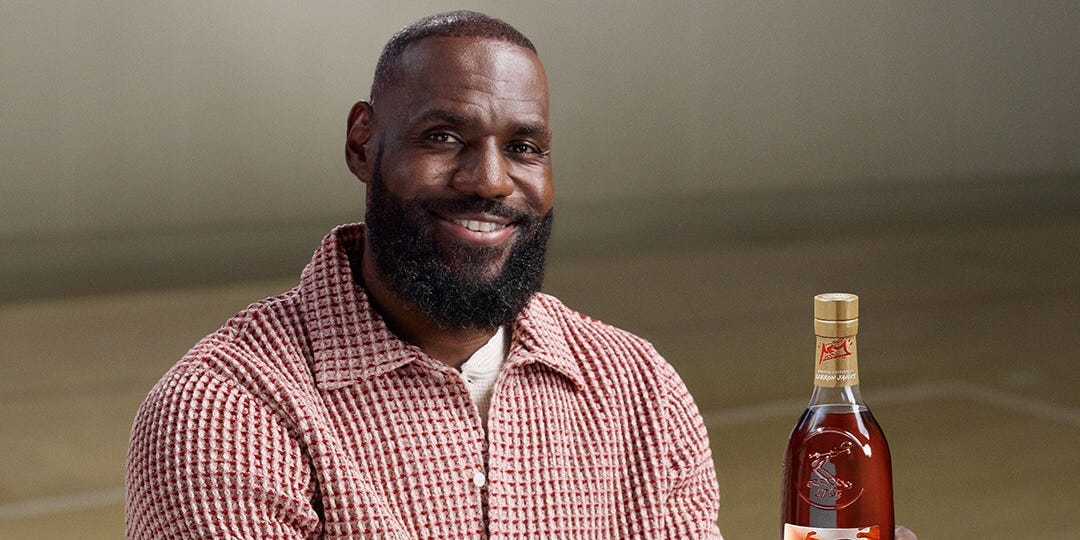Coach’s Bold Moves for a Modern Retail Strategy
In an era where traditional retail faces increasing pressure from digital innovation and evolving consumer expectations, Coach is reinventing its brand experience under the leadership of Chief Marketing Officer Joon Silverstein. At the recent Advertising Week event, Silverstein revealed strategic shifts that are transforming how the luxury fashion house connects with a younger demographic.
Having recently expanded her role to also oversee creative direction, Silverstein is doubling down on experiential retail, sustainability, and cross-industry collaborations to refresh the brand’s appeal. The efforts are already showing promising results, particularly among Gen Z and millennial shoppers seeking meaning and community in their purchases.
Introducing Coffee Shops and New Retail Concepts
One of the more eye-catching initiatives under Silverstein’s leadership is the integration of coffee culture into Coach’s retail environments. Pop-up coffee shops, located inside Coach stores, invite customers to linger longer and engage more deeply with the brand. According to Silverstein, this concept creates a new kind of connection that goes beyond shopping.
“Retail is no longer just a place to transact,” she explained. “It’s a place to build relationships and offer value beyond products.” By offering a cozy, welcoming space that doubles as a social hub, Coach is nurturing brand loyalty in a subtle yet effective way.
Focusing on Sustainability and Purpose
In alignment with shifting consumer values, sustainability is a major focus for Coach. Under Silverstein’s direction, the brand has launched several initiatives aimed at reducing environmental impact. These include upcycled products through the Coach (Re)Loved program and partnerships with sustainability-driven organizations.
“Today’s consumers, especially younger ones, are incredibly thoughtful about where they spend their money,” said Silverstein. “They expect brands to have a purpose and to act responsibly.” The company’s sustainability efforts not only meet this expectation but also help Coach stand out in a crowded market.
Crafting a Cohesive Brand Message
Silverstein emphasized the importance of creating a consistent message across all brand touchpoints. With her background in digital marketing and innovation, she is spearheading a unified creative vision that spans advertising, store design, digital content, and product offerings.
Recent campaigns feature a mix of emerging influencers and established celebrities, chosen not just for their star power but for their alignment with Coach’s values. “Authenticity is key,” she noted. “We want ambassadors who reflect who we are and who our customers aspire to be.”
Leveraging Insights to Connect with Gen Z
Understanding the behaviors and preferences of Gen Z is central to Silverstein’s strategy. This generation values transparency, inclusivity, and storytelling. To meet these expectations, Coach is investing in data-driven insights and social listening tools that inform marketing decisions across platforms.
Coach’s TikTok presence, for example, has grown significantly, thanks to relatable content that resonates with younger audiences. Rather than polished ads, the brand focuses on behind-the-scenes footage, user-generated content, and playful challenges that invite participation.
Advertising Week and Industry Takeaways
During her session at Advertising Week, Silverstein joined a panel of marketers discussing the future of retail. Her insights underscored a broader industry trend toward experience-driven commerce and the evolving role of marketing in shaping brand purpose.
Other panelists echoed her sentiments, highlighting how brands must adapt to remain relevant. As retail becomes more immersive and values-led, the line between marketing, product design, and customer experience continues to blur.
Results and Looking Ahead
Coach’s evolution appears to be resonating with consumers. Foot traffic in experiential retail locations is up, and customer engagement metrics across digital channels have improved. According to Silverstein, these are early indicators that the brand’s transformation is on the right path.
“We’re not just selling handbags—we’re selling a lifestyle and a set of values,” she said. “And when people connect with that, they become long-term advocates for the brand.”
Looking ahead, Coach plans to expand its experiential concepts to more flagship locations and continue refining its sustainability initiatives. With Silverstein at the helm of both creative and marketing, the brand is positioning itself for long-term success in a shifting retail landscape.
This article is inspired by content from Original Source. It has been rephrased for originality. Images are credited to the original source.




